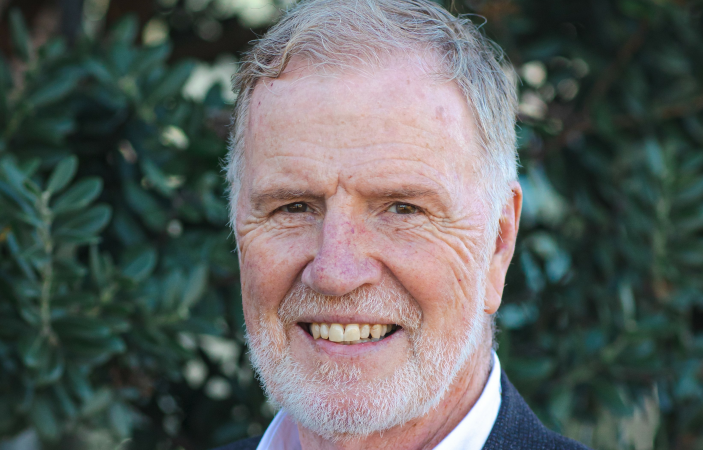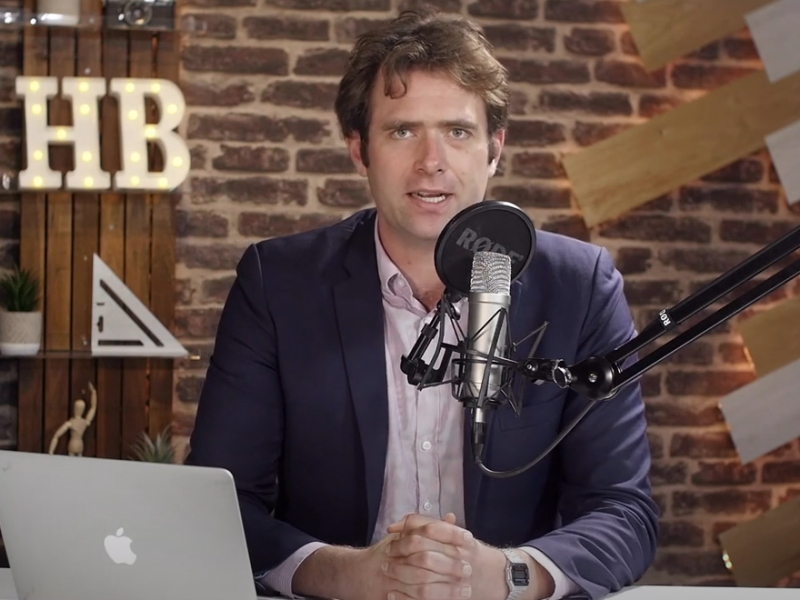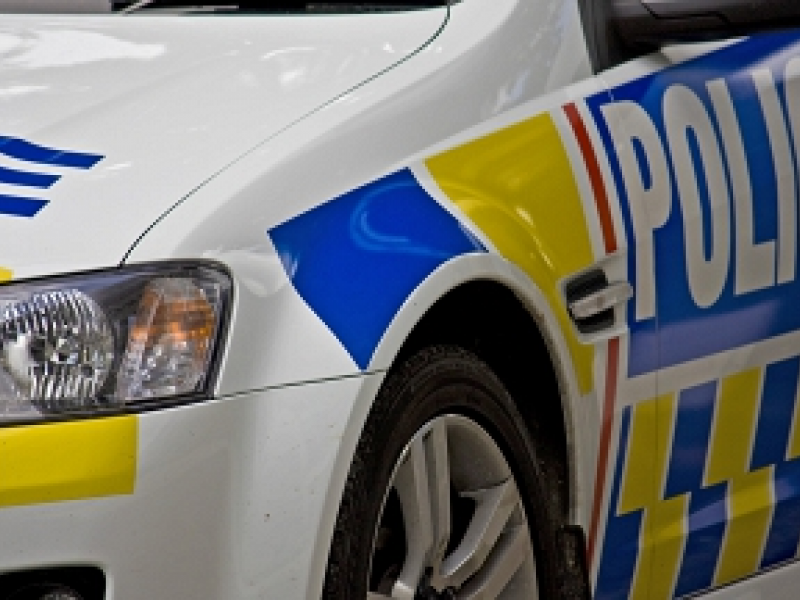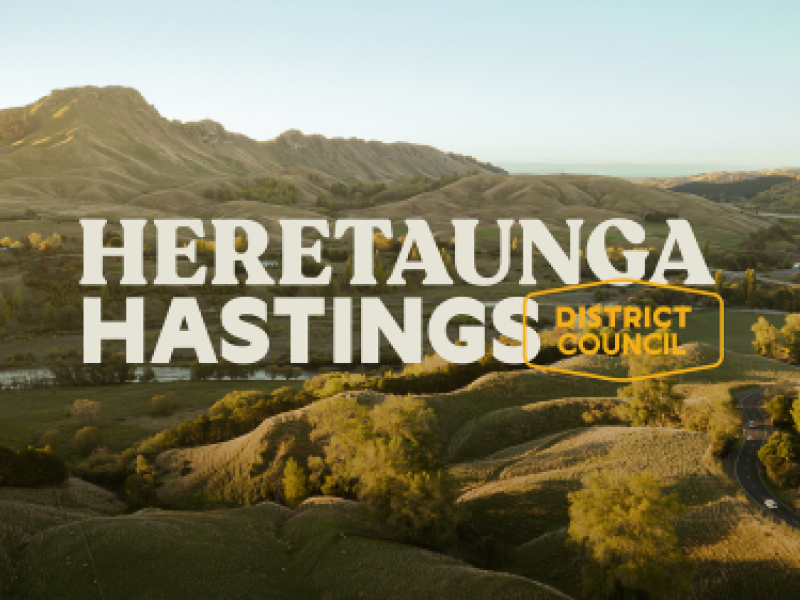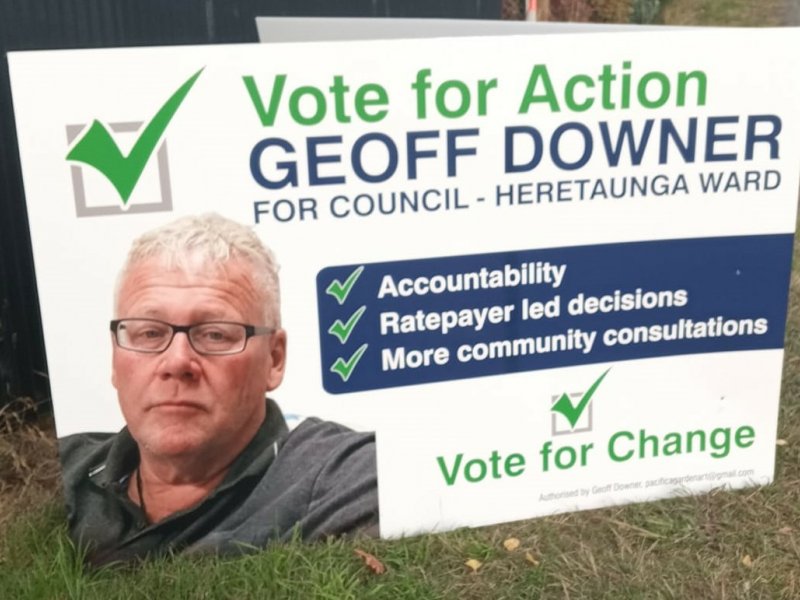Proposed tourism funding cuts will have catastrophic effect, says Hawke’s Bay Tourism
Proposed funding cuts to Hawke’s Bay Tourism will have a catastrophic effect on the region’s economy, with more than $250 million likely to disappear from local businesses, if the cuts go ahead.
Hawke’s Bay Regional Council’s proposal to defund visitor attraction over three years would, in reality, force Hawke’s Bay Tourism to shut up shop in July with the lights going out on many iconic events, the end of Hawke’s Bay’s off-shore profile, and a flow-on hit to many local businesses and workers – not just in tourism, says Hawke’s Bay Tourism Chairman and leading tourism expert George Hickton.
The region’s visitor economy will contract by at least 20 percent – or $260 million – over the three-year lifespan of the regional council’s Long Term Plan, if the regional tourism organisation is forced to close, says the former Chief Executive of Tourism New Zealand.
“Hawke’s Bay Regional Council’s preferred option is not an option at all. It is simply not viable. It would see a closure of Hawke’s Bay Tourism on July 1, and along with it the end of a thriving visitor economy, one of the most important economic drivers for Hawke’s Bay,” says Hickton.
Hawke’s Bay Tourism is fighting to protect the region’s visitor economy, after Hawke’s Bay Regional Council this week sent their Long Term Plan (LTP) to community consultation.
Two options are being considered in the LTP for investment in visitor attraction:
• HBRC’s “preferred” option proposes Hawke’s Bay Tourism is completely defunded over a period of two years, with significant funding cuts within the first year.
• The second option – Option B – is Hawke’s Bay Tourism’s counter proposal, which is supported by the region’s mayors and sees funding maintained at its current level of $1.52 million for FY24/25, with local councils agreeing to step in and fund visitor attraction directly alongside HBRC for the final two years of the LTP period.
More is at risk than people realise if Hawke’s Bay Tourism is shut up shop, says Hickton, with many events and activities forced to cancel, including:
• F.A.W.C!
• The Great Wine Capitals Global Network programme
• Hawke’s Bay Tourism’s support of the Hawke’s Bay Marathon
• Significant out of region promotion for major events, including Art Deco Festival
• Promotion of the region outside of Hawke’s Bay
• Profiles of the region within media publications, online and on TV
• Extensive travel trade programmes and relationships
• www.hawkesbaynz.com and Hawke’s Bay NZ social media channels
“Simply put, other regions would snap up our market share and Hawke’s Bay would become a tourism backwater,” he says.
“The very Hawke’s Bay way-of-life that so many people come here for, would be at risk. The $1.3 billion of direct and indirect benefit to Hawke’s Bay spreads far and wide. Only 20 percent of this goes to tourism businesses, with the rest going into the community and helping fund the lifestyle of locals.
“Councillors say this is a plan of recovery and resilience and with eyes to the future . . . however it massively threatens the resilience of the region’s economy.
“Hawke’s Bay’s visitor economy is the third highest contributor to regional GDP, it employs one in 10 locals. What’s more, Hawke’s Bay Tourism is the only element of the Regional Council’s remit that drives economic revenue. The rest of their activity is about spend with no revenue.”
Supporting the sustainability and resilience of Hawke’s Bay’s visitor economy is not a luxury, says Hickton.
“If we take our foot off the accelerator now and long-term damage is done, it will take much more money and a very long time to catch up lost ground.
“So, we are vigorously advocating for Option B and are encouraged by the formal support from Napier City, Hastings District and Central Hawke’s Bay District mayors to make this happen.
“A vibrant visitor economy is not just good for tourism and hospitality businesses and their employees; it’s good for everyone,” says Hickton.

